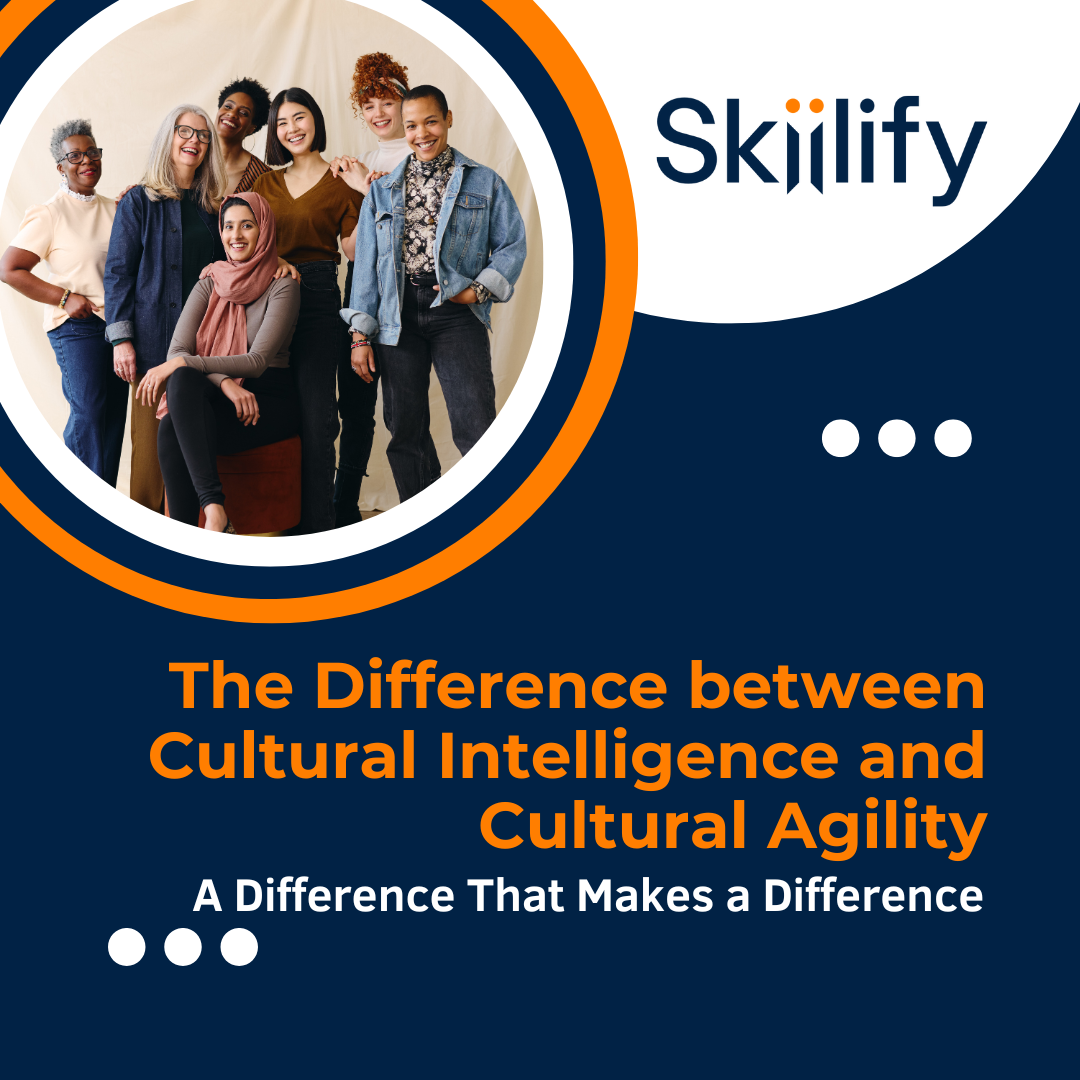
Soft Skills that Matter:Enhancing Your Career and Personal Growth
Soft Skills that Matter: Enhancing Your Career and Personal Growth LinkedIn’s Global Talent Trends report found that nearly 90% of recruiters believe hiring failures are often due to a lack of soft skills. This isn’t surprising. For over a century, we’ve known a hard fact: that soft skills are crucial for professional success. At Skiilify, we understand that not everyone starts their careers with these essential soft skills. But we know that everyone can develop them. In today’s fast-paced world, employers are looking for people who can easily adapt and connect with others, not just those with technical know-how. Soft skills enable employees and leaders to interact effectively, adapt to various situations, and handle the complexities of modern work life. These skills are vital for career growth and play a huge role in personal development and overall happiness.

The Difference Between Cultural Intelligence and Cultural Agility
In today's global world, it's more important than ever to understand and work well with people from different cultures. Two key skills that help with this are cultural intelligence (CQ) and cultural agility. Although they are related, they are not the same. Knowing the difference between them can help you succeed in a multicultural environment.

The Importance of Cultural Agility in Leadership
In today’s world, leaders need to be able to navigate different cultures to be effective. As someone who studies how people can build important skills, I’ve spent years learning about what makes a leader successful in multicultural settings. Cultural agility is the ability to work comfortably and effectively with people from different cultures, and it’s a key skill for leaders. You can learn more about how to build cultural agility through the online development tool offered by Skiilify called myGiide.

Navigating Cultural Differences in International Teams
In today's connected world, it's important to handle cultural differences in international teams. Companies need these diverse teams to innovate, solve problems, and enter new markets. But if cultural differences are not managed well, they can cause misunderstandings and conflicts. I'll share strategies developed through my research for building effective international teams and explain how Skiilify’s online tool, myGiide, can help teams handle cultural differences.
Cultural agility is being able to work effectively in different cultural settings. It means being open-minded, adaptable, and ready to learn from others. People with high cultural agility can easily manage cross-cultural interactions and build strong teams. You can develop cultural agility by understanding different cultural values and building certain skills.
